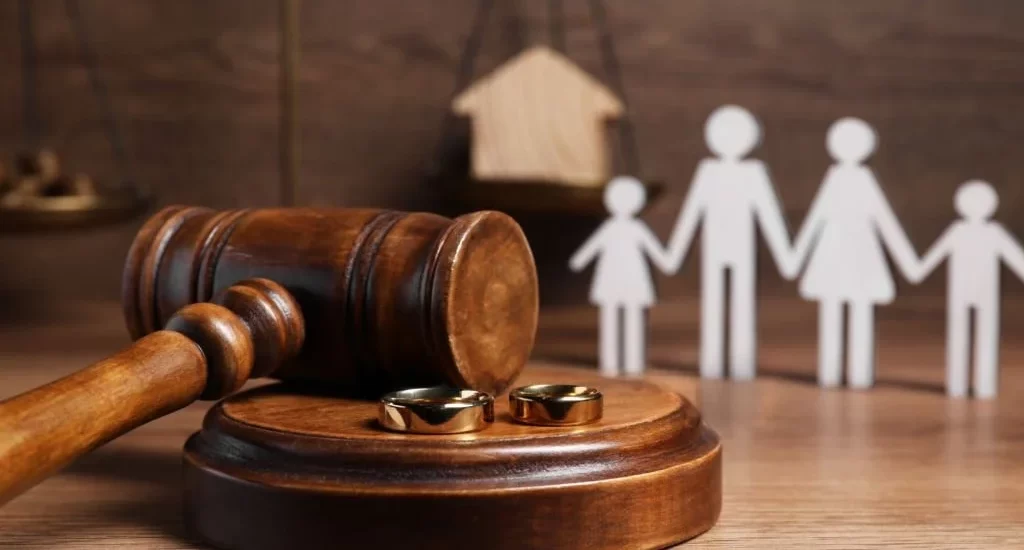



In any fair justice system, the concept of bail represents a delicate balance — between an individual’s right to liberty and society’s need for legal order. Often misunderstood, bail is not about letting the guilty go free — it’s about ensuring that the presumption of innocence remains intact until proven otherwise.
Bail is a legal mechanism that allows an accused person to be released from custody while ensuring their presence at future court proceedings. It acts as a temporary assurance, not a declaration of innocence or guilt.
Depending on the nature and seriousness of the offense, bail can be:
Regular Bail – after arrest and during custody
Anticipatory Bail – before arrest, in anticipation of it
Interim Bail – granted temporarily while the court considers a regular or anticipatory bail application
In criminal jurisprudence, bail is vital for multiple reasons:
✅ Presumption of Innocence – Until convicted, every person is legally innocent.
✅ Protection of Personal Liberty – The right to liberty is a fundamental right under Article 21 of the Indian Constitution.
✅ Avoiding Unnecessary Incarceration – Overcrowding prisons with undertrials violates basic human rights and burdens the system.
✅ Ensuring Fair Trial – Bail allows the accused time and freedom to prepare their defense effectively.
However, granting bail is not an automatic right in all cases. Courts must consider:
The seriousness of the offense
Risk of absconding
Possibility of tampering with evidence or influencing witnesses
Prior criminal history
The broader interest of justice and public safety
This is where judicial discretion plays a crucial role. A judge must weigh personal liberty against the larger interest of law and society.
When granting bail, courts often impose certain conditions, such as:
Regular attendance at court hearings
Surrender of passport
Restrictions on travel
No contact with witnesses or victims
Violation of these terms can lead to cancellation of bail and immediate arrest.
Over the years, Indian courts have shaped the bail jurisprudence through key rulings:
Gurbaksh Singh Sibbia v. State of Punjab (1980): Laid down guidelines for anticipatory bail
Arnesh Kumar v. State of Bihar (2014): Directed police to avoid unnecessary arrests for minor offenses
Satender Kumar Antil v. CBI (2022): Emphasized the need for bail over jail in cases involving undertrial prisoners
These decisions reaffirm that bail should be the rule and jail the exception, especially for non-violent, bailable offenses.
Bail is more than a legal formality — it’s a fundamental expression of justice. It ensures that the law does not become oppressive and that liberty is not lost without due process. In the end, a fair bail system protects both individual rights and public interest, reinforcing the principle that justice must not only be done but must also be seen to be done.